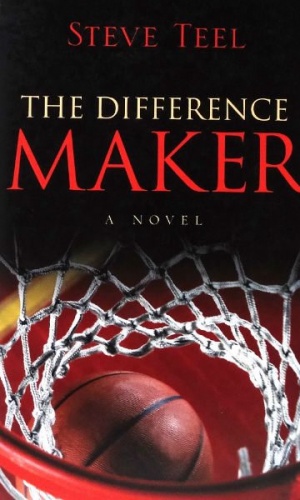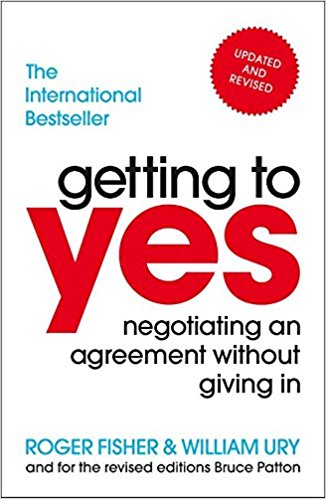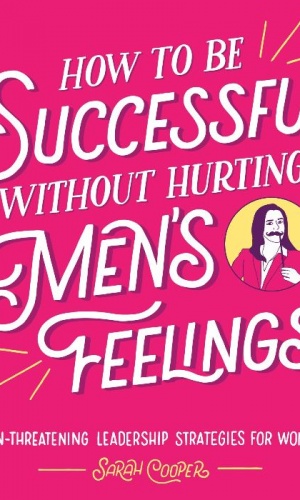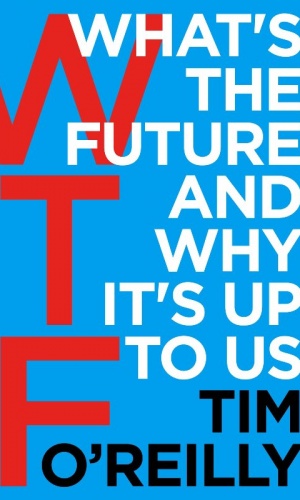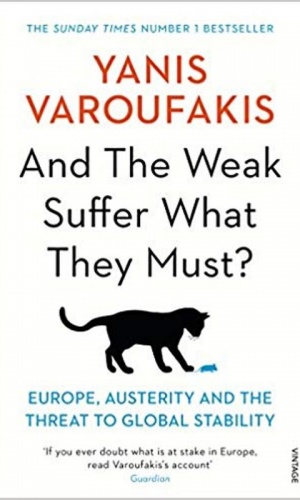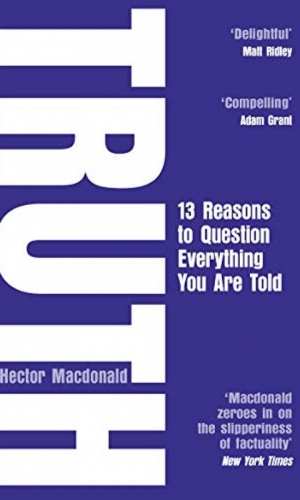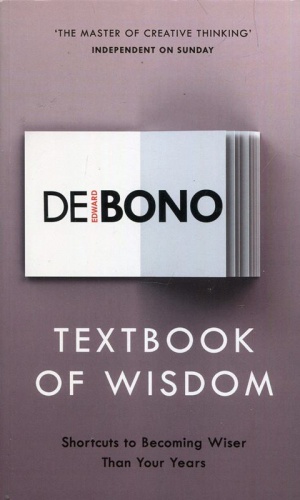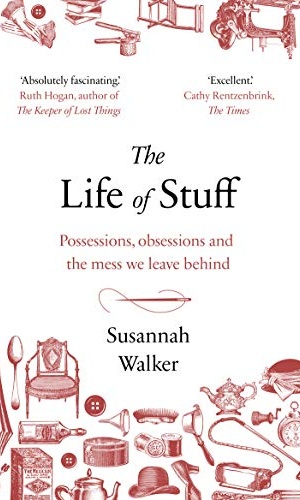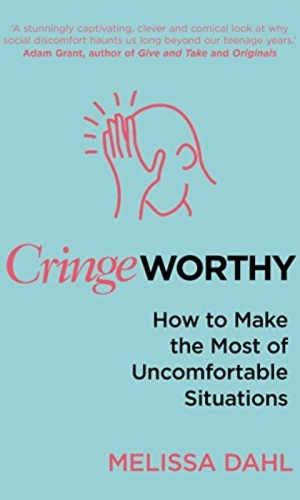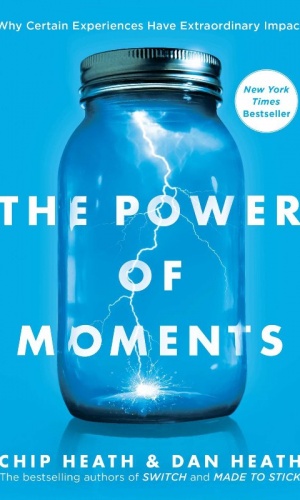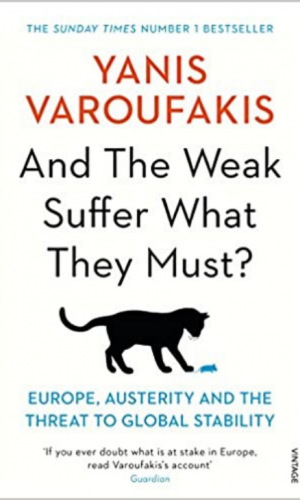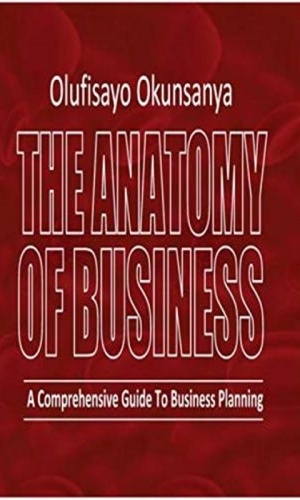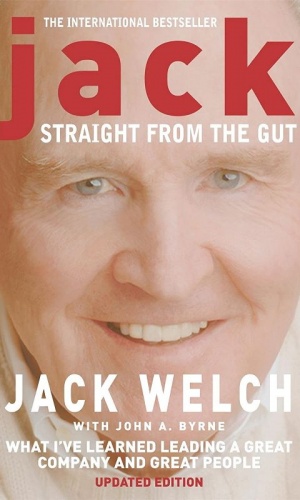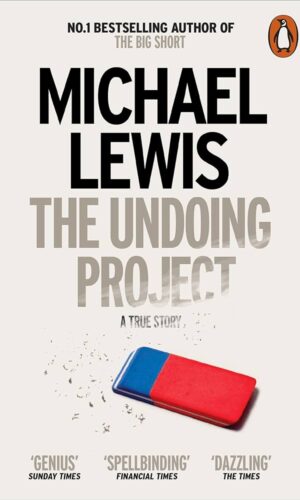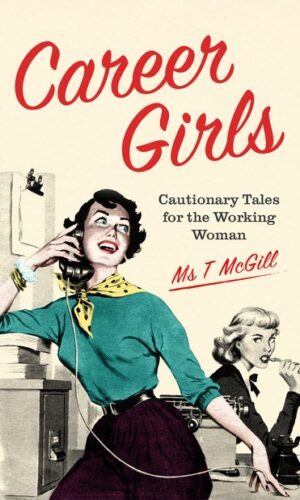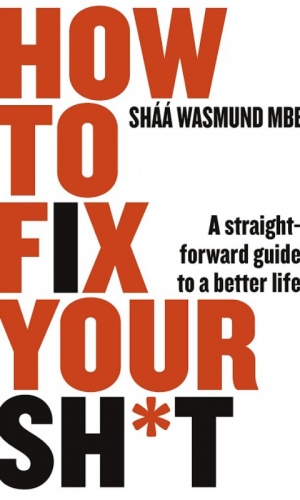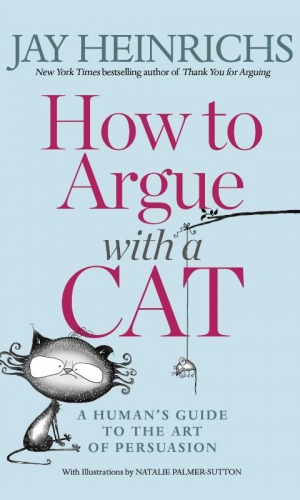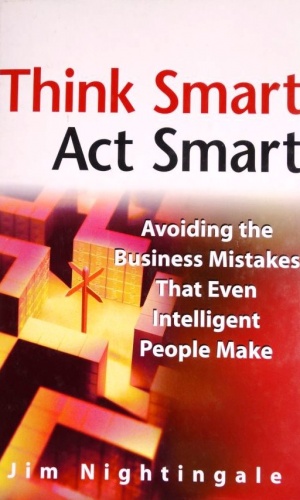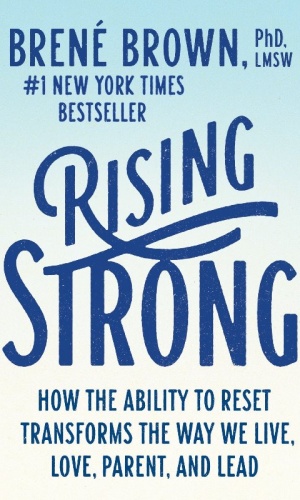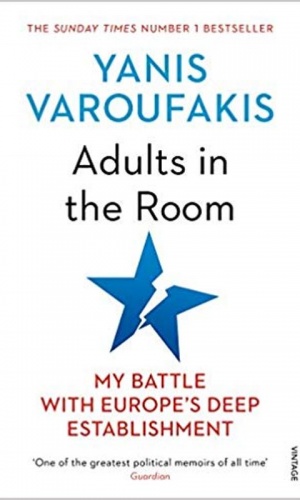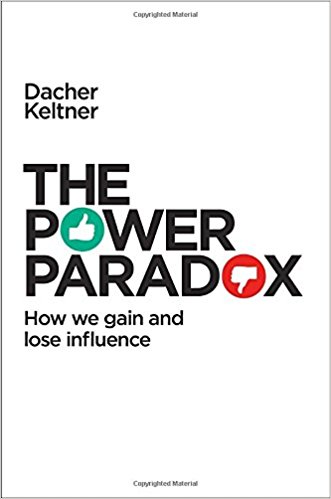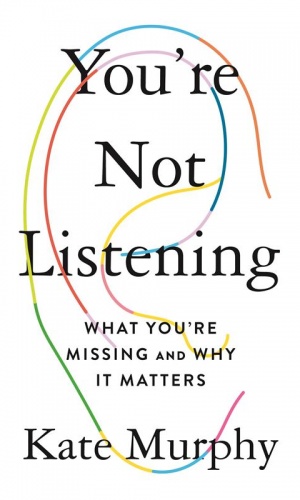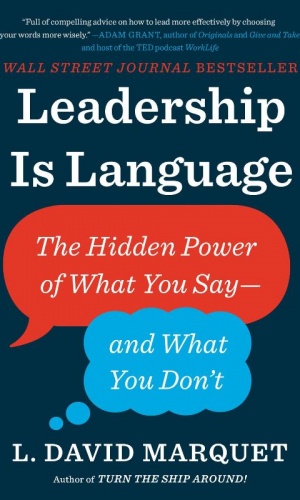-
Getting to yes
Getting to Yes has been in print for over thirty years, and in that time has helped millions of people secure win-win agreements both at work and in their private lives.
₦4,900 -
How to be Successful Without Hurting Men’s Feelings
Ambitious women are scary. In this fast-paced business world, female leaders need to make sure they’re not perceived as pushy, aggressive, or competent. In How to Be Successful Without Hurting Men’s Feelings, Sarah Cooper, author of the bestselling 100 Tricks to Appear Smart in Meetings, illustrates how women can achieve their dreams, succeed in their careers, and become leaders, without harming the fragile male ego.
Chapters include, among others, “9 Non-threatening Leadership Strategies for Women,” “Gaslighting for Beginners,” and “How to Be Harassed Without Hurting His Career”. It even includes several pages to doodle on while men finish what they’re saying. Each chapter also features an exercise with a set of “inaction items” designed to challenge women to be less challenging.
₦4,900 -
Whats The future and why Its Up To Us
WTF? can be an expression of amazement or an expression of dismay. In today’s economy, we have far too much dismay along with our amazement, and technology bears some of the blame. In this combination of memoir, business strategy guide, and call to action, Tim O’Reilly, Silicon Valley’s leading intellectual and the founder of O’Reilly Media, explores the upside and the potential downsides of today’s WTF? technologies.
₦4,900 -
And The Weak Suffer What They Must
In January 2015, Yanis Varoufakis, an economics professor teaching in Austin, Texas, was elected to the Greek parliament with more votes than any other member of parliament. He was appointed finance minister and, in the whirlwind five months that followed, everything he had warned about-the perils of the euro’s faulty design, the European Union’s shortsighted austerity policies, financialized crony capitalism, American complicity and rising authoritarianism-was confirmed as the “troika” (the European Central Bank, International Monetary Fund, and European Commission) stonewalled his efforts to resolve Greece’s economic crisis.
₦4,900 -
Truth
True or false? It’s rarely that simple.
There is more than one truth about most things. The Internet disseminates knowledge but it also spreads hatred. Eating meat is nutritious but it’s also damaging to the environment. When we communicate we naturally select the truths that are most helpful to our agenda.
We can select truths constructively to inspire organizations, encourage children, and drive progressive change. Or we can select truths that give a false impression of reality, misleading people without actually lying. Others can do the same, motivating or deceiving us with the truth. Truths are neutral but highly versatile tools that we can use for good or ill.
₦4,900 -
Textbook of Wisdom
Wisdom comes with living a long life, full of rich experiences and can’t be learnt, right? Wrong. In Textbook of Wisdom, author Edward De Bono explains how you do not have to have lived forever to benefit from the experience of those who have. Full of thinking tools, guidelines, and principles, this “textbook” encourages the use of values and emotions to guide you through life without allowing them to enslave you.
₦4,900 -
The Life Of Stuff
Absolutely fascinating. She writes with admirable honesty It is a book I know I shall read again Ruth Hogan, author of The Keeper of Lost ThingsWhat do our possessions say about us Why do we project such meaning onto themOnly after her mothers death does Susannah Walker discover how much of a hoarder she had become. Over the following months, she has to sort through a dilapidated house filled to the brim with rubbish and treasures, in search of a woman she’d never really known or understood in life.
₦4,900 -
How Not To Be Wrong
The math we learn in school can seem like a dull set of rules, laid down by the ancients and not to be questioned. In How Not to Be Wrong, Jordan Ellenberg shows us how terribly limiting this view is: Math isn’t confined to abstract incidents that never occur in real life, but rather touches everything we do—the whole world is shot through with it.
Math allows us to see the hidden structures underneath the messy and chaotic surface of our world. It’s a science of not being wrong, hammered out by centuries of hard work and argument. Armed with the tools of mathematics, we can see through to the true meaning of information we take for granted: How early should you get to the airport? What does “public opinion” really represent? Why do tall parents have shorter children? Who really won Florida in 2000? And how likely are you, really, to develop cancer?
₦4,900 -
Cringeworthy
Have you ever said goodbye to someone, only to discover that you’re both walking in the same direction? Or had your next thought fly out of your brain in the middle of a presentation? Or accidentally liked an old photo on someone’s Instagram or Facebook, thus revealing yourself to be a creepy social media stalker?
₦4,900 -
The Power of Moments
While human lives are endlessly variable, our most memorable positive moments are dominated by four elements: elevation, insight, pride, and connection. If we embrace these elements, we can conjure more moments that matter. What if a teacher could design a lesson that he knew his students would remember twenty years later? What if a manager knew how to create an experience that would delight customers? What if you had a better sense of how to create memories that matter for your children?
This book delves into some fascinating mysteries of experience: Why we tend to remember the best or worst moment of an experience, as well as the last moment, and forget the rest. Why “we feel most comfortable when things are certain, but we feel most alive when they’re not.” And why our most cherished memories are clustered into a brief period during our youth.
Readers discover how brief experiences can change lives, such as the experiment in which two strangers meet in a room, and forty-five minutes later, they leave as best friends. (What happens in that time?) Or the tale of the world’s youngest female billionaire, who credits her resilience to something her father asked the family at the dinner table. (What was that simple question?)
₦4,900 -
And The Weak Suffer What They Must ?
From the aftermath of the Second World War to the present, Varoufakis recounts how the eurozone emerged not as route to shared prosperity but as a pyramid scheme of debt with countries such as Greece, Ireland, Portugal and Spain at its bottom. Its woeful design ensured that collapse would be inevitable and catastrophic. But since the hurricane landed Europe’s leaders have chosen a cocktail of more debt and harsh austerity rather than reform, ensuring that the weakest citizens of the weakest nations pay the price for the bankers’ mistakes, while doing nothing to prevent the next collapse. Instead, the principle of the greatest austerity for those suffering the greatest recessions has led to a resurgence of racist extremism. Once more, Europe is a potent threat to global stability.
Drawing on the personal experience of his own negotiations with the eurozone’s financiers and offering concrete policies and alternatives, Varoufakis shows how we concocted this mess and how we can get out of it. And The Weak Suffer What They Must? reminds us of our history in order to save European capitalism from itself.₦4,900 -
-
The Anatomy of Business: A Comprehensive Guide to Business Planning
”The Anatomy of Business; A Comprehensive Guide to Business Planning”, dissects the entirety of business, drawing on multiple examples of global conglomerates to share untold secrets to building and running lasting business.
₦5,000 -
Jack: Straight from the Gut
Nearly 20 years ago, former General Electric CEO Reg Jones walked into Jack Welch’s office and wrapped him in a bear hug. “Congratulations, Mr. Chairman,” said Reg. It was a defining moment for American business. So begins the story of a self-made man and a self-described rebel who thrived in one of the most volatile and economically robust eras in U.S. history, while managing to maintain a unique leadership style.
₦5,000 -
-
-
How To Fix Your Sh*t
Do you dream of what you want to achieve in life – whether it’s setting up your own business, getting in shape, or writing a novel – but never seem to get round to actually doing it? Does now just never feel like a good time to start?
In January 2015, Shaa Wasmund made a decision: to finally get what she wanted. 3 years after packing in her business (and her salary) to take the plunge, life is everything she hoped it would be. And she has discovered that the key to getting what you want is within easy reach. It’s all in the mind.
In Want It? Get It!, entrepreneur and bestselling author Shaa Wasmund sets out her tried and tested methods for conquering fear and exploring new avenues of opportunity.
₦5,100 -
How to Argue with a Cat
Cats are skilled manipulators who can talk you into just about anything without a single word (or maybe a meow or two). They can get you to drop whatever you’re doing and play with them. They can make you serve their dinner way ahead of schedule. They can get you to sit down right this instant and provide a lap. On the other hand, try getting a cat to do what you want….
₦5,100 -
Think smart Act smart
Avoiding the Business Mistakes That Even Intelligent People Make
“Increased productivity and optimizing efficiencies…start with this book. Think Smart–Act Smart is a must-read for anyone concerned with the optimal operation of any organization…and all management personnel.”₦5,160 -
Rising Strong
Social scientist Brené Brown has ignited a global conversation on courage, vulnerability, shame, and worthiness. Her pioneering work uncovered a profound truth: Vulnerability—the willingness to show up and be seen with no guarantee of outcome—is the only path to more love, belonging, creativity, and joy. But living a brave life is not always easy: We are, inevitably, going to stumble and fall.
It is the rise from falling that Brown takes as her subject in Rising Strong. As a grounded theory researcher, Brown has listened as a range of people—from leaders in Fortune 500 companies and the military to artists, couples in long-term relationships, teachers, and parents—shared their stories of being brave, falling, and getting back up. She asked herself, What do these people with strong and loving relationships, leaders nurturing creativity, artists pushing innovation, and clergy walking with people through faith and mystery have in common? The answer was clear: They recognize the power of emotion and they’re not afraid to lean in to discomfort.
₦5,200 -
Adults In The Room
Varoufakis sparked one of the most spectacular and controversial battles in recent political history when, as finance minister of Greece, he attempted to re-negotiate his country’s relationship with the EU. Despite the mass support of the Greek people and the simple logic of his arguments, he succeeded only in provoking the fury of Europe’s political, financial and media elite. But the true story of what happened is almost entirely unknown – not least because so much of the EU’s real business takes place behind closed doors.
In this fearless account, Varoufakis reveals all: an extraordinary tale of brinkmanship, hypocrisy, collusion and betrayal that will shake the deep establishment to its foundations.
₦5,200 -
The power paradox
Power is ubiquitous?but totally misunderstood. Turning conventional wisdom on its head, Dr. Dacher Keltner presents the very idea of power in a whole new light, demonstrating not just how it is a force for good in the world, but how?via compassion and selflessness?it is attainable for each and every one of us.
₦5,300 -
You’re Not Listening
When was the last time you listened to someone, or someone really listened to you?
“If you’re like most people, you don’t listen as often or as well as you’d like. There’s no one better qualified than a talented journalist to introduce you to the right mindset and skillset―and this book does it with science and humor.”
-Adam Grant, #1 New York Times bestselling author of Originals and Give and Take“An essential book for our times.”
-Lori Gottlieb, New York Times bestselling author of Maybe You Should Talk to SomeoneAt work, we’re taught to lead the conversation.
On social media, we shape our personal narratives.
At parties, we talk over one another. So do our politicians.
We’re not listening.
And no one is listening to us.Despite living in a world where technology allows constant digital communication and opportunities to connect, it seems no one is really listening or even knows how. And it’s making us lonelier, more isolated, and less tolerant than ever before. A listener by trade, New York Times contributor Kate Murphy wanted to know how we got here.
In this always illuminating and often humorous deep dive, Murphy explains why we’re not listening, what it’s doing to us, and how we can reverse the trend. She makes accessible the psychology, neuroscience, and sociology of listening while also introducing us to some of the best listeners out there (including a CIA agent, focus group moderator, bartender, radio producer, and top furniture salesman). Equal parts cultural observation, scientific exploration, and rousing call to action that’s full of practical advice, You’re Not Listening is to listening what Susan Cain’s Quiet was to introversion. It’s time to stop talking and start listening.
₦5,300 -
Leadership Is Language
Your words matter more than you think
Most of us use the language we inherited from a time when workers worked with their hands and managers worked with their heads. Today, your people do much more than simply follow orders. They contribute to performance and solve problems, and it’s time we updated our language to reflect that.
In Leadership Is Language, former US Navy captain L. David Marquet offers a radical playbook to empower your people and put your team on a path to continuous improvement. The framework will help you achieve the right balance between deliberation and action, and take bold risks without endangering your mission. Among other things, you’ll learn:
· How to avoid the seven common sins of questioning, from binary questions (should we do A or B?) to self-affirming questions (B is the better option, right?)
· Why you should vote first, then discuss, when deciding on a plan with your team, rather than voting after discussion
· Why it’s better to give your people information instead of instructions
₦5,300




